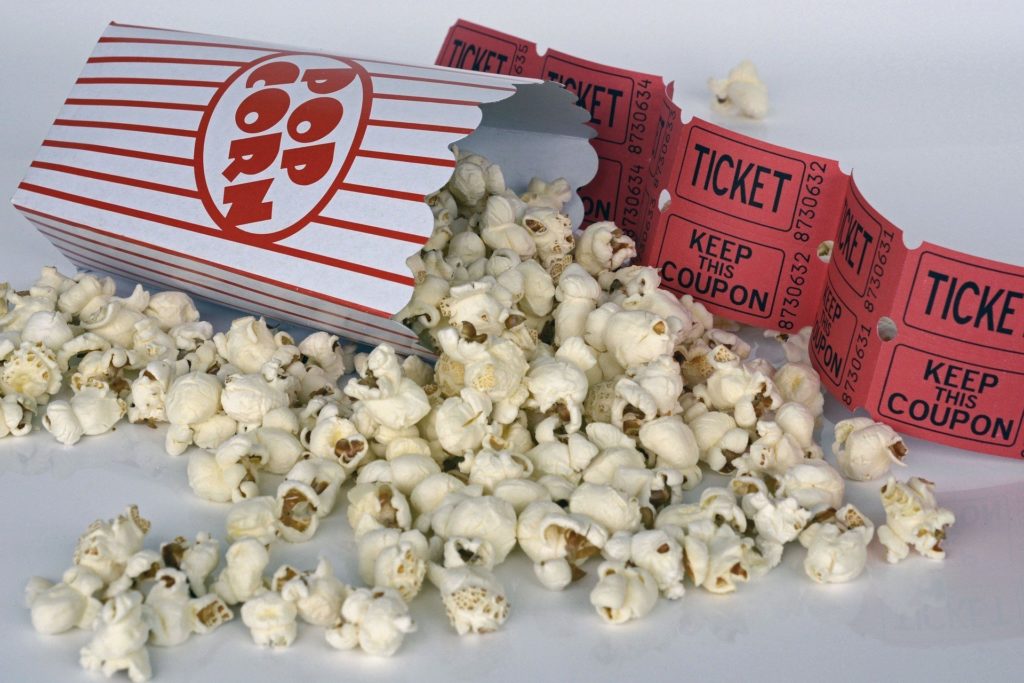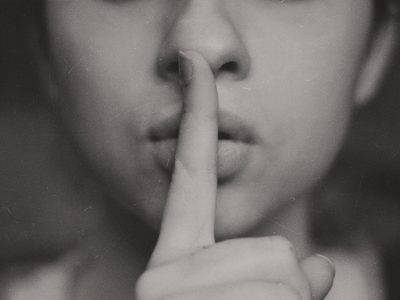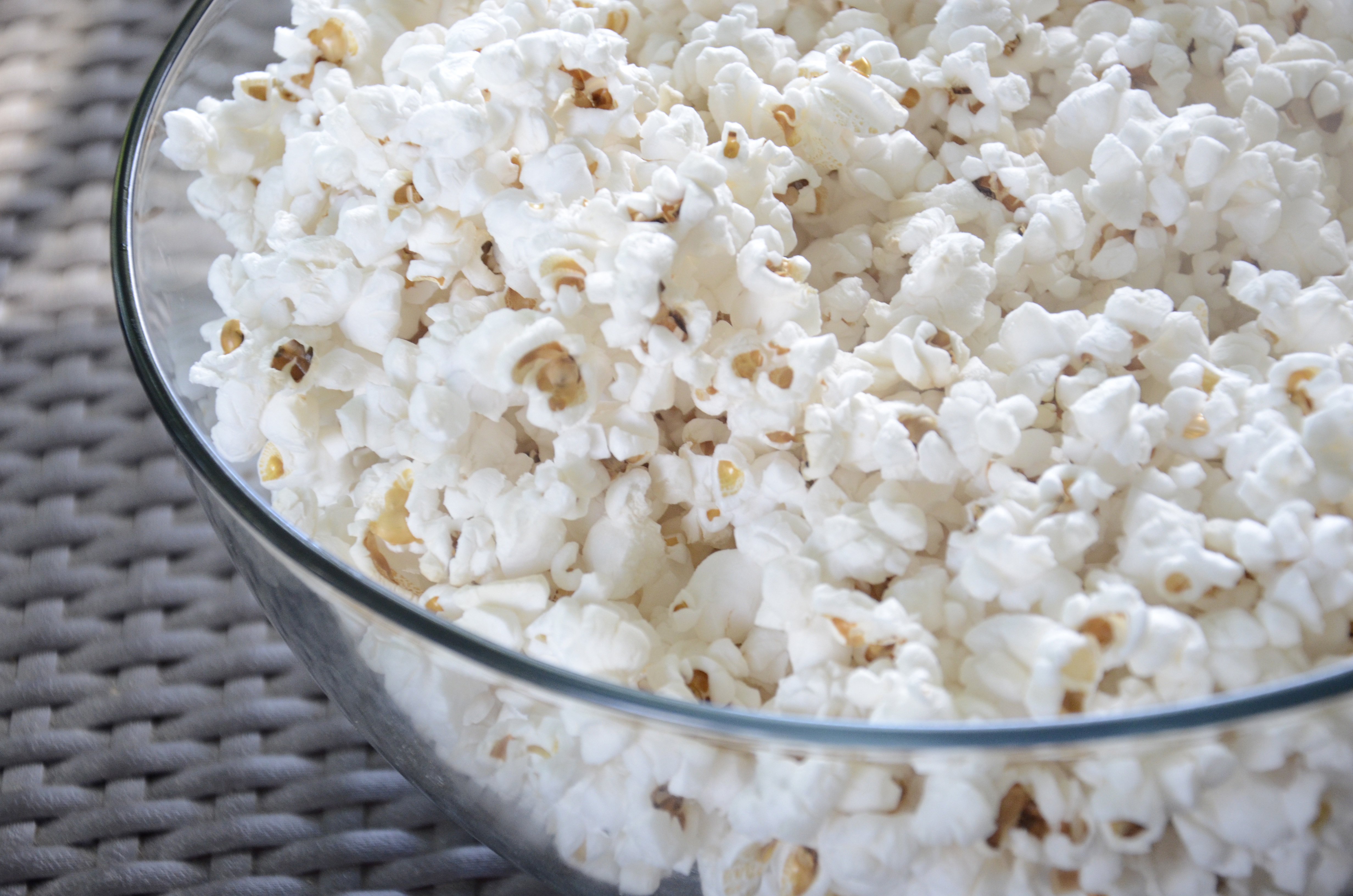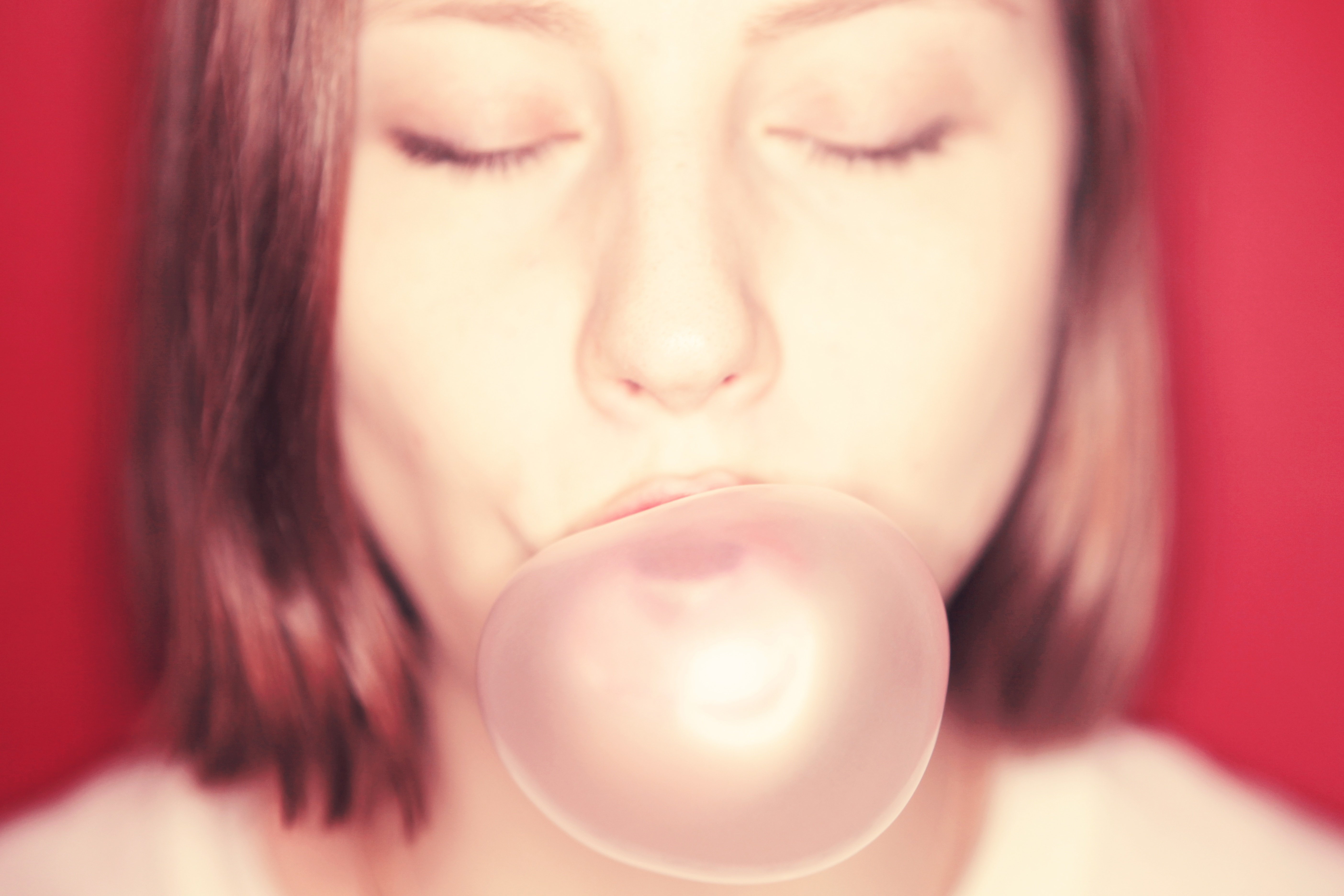Last Updated on June 29, 2022 by Rebecca Huff
Misophonia – literally “hatred of sound”, was proposed in 2000 as a condition in which negative emotions, thoughts, and physical reactions are triggered by specific sounds. It is also called “select sound sensitivity syndrome” and “sound-rage“.
The hatred of sounds is not always diagnosed as Misophonia but many people suffer from a mild form of it which is usually classified as an anxiety disorder related to sounds.
It's not like there's a switch that we can flip to turn it off. I've had people tell me it's not real. I wish they were right. I do everything I can to cope with it, finding ways to reduce the feelings, but it is literally the worst feeling ever. It's not intolerance, it's pure pain from not being able to block out certain noises.
People who are diagnosed with misophonia are most commonly angered by specific sounds, such as slurping, throat-clearing, nail-clipping, chewing, drinking, tooth-brushing, breathing, sniffing, talking, sneezing, yawning, walking, gum-chewing or popping, crunchy sounds, laughing, snoring, swallowing, gulping, typing, coughing, humming, whistling, singing, certain consonants, or repetitive sounds.(1)
Sufferers experience fight/flight symptoms such as sweating, muscle tension, and quickened heartbeat; some are also affected by visual stimuli, such as repetitive foot or body movements, fidgeting, or movement they observe out of the corners of their eyes. Intense anxiety and avoidance behavior often develops, which can lead to decreased socialization. Additional reactions may include emotional distress and panic.(2)
We have experienced this in our own family. As far back as I can remember my grandmother and mother were both bothered by the sound of chewing. My mom wouldn't even give us gum if she was going to be around us while we chewed it. The only way she could be around us while we ate popcorn was if she was also crunching and munching on it herself; I believe this was because once she started chewing she could no longer hear us chewing!
I can't even remember when sounds started to bother me, but I do know that it has gradually gotten worse over the last 20 years! Apparently, this type of disorder is genetic. Unfortunately, three out of my four daughters suffer from this type of anxiety as well.
The sounds that usually trigger us to are chewing, slurping, crunching, teeth scraping across silverware and other sounds made while eating. In addition, the sounds of crinkling plastic, or feet shuffling on a tile floor, nails clicking, nail filing, loud breathing, blowing the nose, all these and more sounds can trigger an unpleasant reaction. These triggers can cause the affected person to become agitated, defensive or offensive, distance themselves from the trigger or possibly act out and express anger or rage at the source of the offending sound.
Sometimes it gets so bad that the person suffering from this form of anxiety has to leave the dinner table. One of my daughters can hardly stand to sit at the table with others to eat. It is physically painful to hear other people chewing. For her, it is not only physically painful to hear, but she also misses out on socializing with family and friends.
As you can imagine, something as enjoyable as going to the movies can turn into an extreme nightmare for someone suffering from misophonia. When I go to the theater, I try to sit in a place where no one will sit behind me if at all possible. I recently went on a field trip to see a documentary about monkeys with my daughter's first grade class. The parent sitting next to me didn't know it, but I wanted to punch him in the throat for chewing his popcorn and making such a horrible noise every time he dug down into his popcorn box. I was enraged to be quite honest.
I don't want to feel that way. No, I want to just sit back, relax, and watch the movie with my kid. Instead, all I can do is fixate on this guy chomping his popcorn and wonder when the torture will end.
Treatment suggestions include:
- Using bilateral sound generators and directive counseling
- Neurofeedback
- Earplugs are often prescribed to help block out intruding sounds (I'm trying this one)
- Cognitive therapy
- Desensitization therapies, including aversive exposure therapy
- Counseling therapies (trying this one)
- Rotating cycles of pleasant sound therapy paired with unpleasant sounds
- Psychoanalysis
Some coping methods that have worked for us:
- At dinner, I try to play soft, relaxing music that covers the sounds being made by people eating
- Supplementing with magnesium could help reduce the symptoms of misophonia (4)
- Avoiding processed foods and eating a clean diet made up of mostly whole foods can help (5)
- Following a routine, avoiding excess stress, and practicing relaxation techniques
- Regular, quality sleep
- Avoiding chemicals in the home which can interfere with and block neurotransmitters in the brain
- Maintaining Superior Health
- Using earplugs that lightly filter out some sounds while letting others pass through
If you have a child who has been diagnosed with misophonia, or you think might have it, see a psychologist or get a recommendation from your pediatrician. Here's a great article about a mom who learned how to help her daughter cope with misophonia.
Growing up I vividly remember my grandmother and my mother both having aversions to certain sounds. My mom would not let us chew gum in the car. When we ate popcorn my sister had a habit of making one kernel of popcorn into more than one bite, no clue why but she ate everything like this, including m&m's, which she bit in half before eating… don't ask me why. This aversion to sound is formally known as misophonia.
The literal definition of misophonia is hatred of sound but a person with misophonia does not simply hate all sound. People with misophonia have specific symptoms and triggers and are sensitive to only certain sounds
I have written about misophonia before, in this article: When You Hate Sounds. I'm not even sure when I began having an aversion to sounds but I do remember feeling irritated as a teenager when I sat next to my dad while he ate because his jaw made a horrible popping sound when he chewed. Ironically, my husband's jaw makes the same sound.
I think it has gradually worsened over the years. There are certain sounds that make my ears feel like they're bleeding; sounds like someone chewing chips or popcorn, chewing gum and lip smacking sounds in general. Often repetitive sounds bother me.
There is much discussion as to whether or not misophonia is inherited. To that I can say, it sure seems like it! In my family, it has occurred in four generations that I know of. My daughters seemed to begin having problems tolerating certain sounds just before hitting the teen years.
“Pre-puberty seems to be a very common age of onset for the majority of those with misophonia, with lifetime persistence for most cases, and there appears to be a genetic component.” (1)
Several of my daughters have aversions to certain sounds, though not the same sounds that bother me. One of my daughters literally jumps if she hears someone click or flick their fingernails. If she is sitting next to me and without thinking, I do something with my fingernails, she will reach over and gently take hold of my hand to stop the sound.

Another daughter is bothered by the sound of silverware sliding across the teeth when someone eats that way. She will try hard to be nice about it by saying, “it must hurt scraping your teeth that way” or something along those lines. She knows that it is her own issue, but it's still hard to cope with. One way she has tried dealing with it is by not acknowledging it if possible but sometimes it's just too hard!
One of my daughters used to have to physically look away when she was at the dinner table with noisy eaters. I guess the looking away kind of helped her to cope with it, although her discomfort was apparent on her face. Unfortunately, chewing gum also triggers her and she goes to a school where gum is allowed in the classroom. She finds it very hard to concentrate on studying when people around her are chomping on gum. It's like being trapped because it's not something you can really ask people to stop doing.
During a shopping trip to a department store to help my son pick up some khakis for work, my youngest daughter and I explored the home goods section. I had been wanting to get a handheld vacuum for quick clean ups around the house and there was a sale. As we were looking at the options, a woman in her 50's standing in the aisle within arms reach began smacking her gum, mouth open, obnoxiously loud. Just as I turned towards her, she popped what sounded like a hundred tiny gum bubbles by pushing air against the gum she had pressed up against her teeth.
At that moment, I literally felt my fists balling up and heat rising to my cheeks. It took every ounce of self-control not to look directly at her and spout something really rude. I had to leave the aisle. I understand people are going to chew gum. My mom gives my kids gum when they ask. Ironic, huh? I, personally, do not keep gum in my purse, home, car, or anywhere else. I think there should be Public Service Announcement about gum chewing in public places: Gum Etiquette.

Another time I almost lost my marbles was on a Field Trip to a movie theater with my daughter's 1st-grade class. Included in the price were a small drink and a small box of popcorn. Great. I ended up sitting next to a dad who ate his popcorn one bite at a time, with his mouth open. Not only was the chewing sound horrible, but every time he put his hand into the box he didn't take the kernel from the top of the box, nooooooo he had to feel around towards the bottom of the box making the most annoying sound. I literally couldn't even focus on the movie… which ironically was about monkeys who made horrible sounds with their lips!
The sad part about it is that what I remember from that field trip is the anger I felt sitting next to a person innocently chewing his popcorn. What should have been a fun happy memory with my daughter was like torture for me all because of a sound. I mean, yeah, he chewed louder than most people, but it's frustrating to notice sounds at all. There have been times that I just didn't go to the movie theater because sitting in a room full of people chewing is physically and mentally painful.
Knowing that this is my own personal problem/issue does not make it easier to deal with. I have tried many methods to cope with the feeling I have when my misophonia gets the best of me. I have tried:
- eating alone – sad but it sometimes helps.
- using earplugs – other people find this offensive.
- playing music during meals – works pretty good, but not always feasible.
- avoiding stimulants such as caffeine in coffee, etc. – have I mentioned I love coffee?
- other coping techniques listed in my previous post
I have also worked with a Psychologist on a plan for reducing and coping with the stress misophonia causes. Psychiatrists, Neurologists, Audiologists and Occupational Therapists can also be helpful. The Misophonia Institute has a library of videos about Misophonia listed here. I especially found the “Neural Repatterning Technique and the Trigger Tamer” video interesting. In it, Tom Dozier talks about how use and app to stop the emotional reaction to a trigger.
Not only do people with misophonia suffer from the disorder but from relationship issues because living with a person who has misophonia is not usually a walk in the park. It is often hard to hide the discomfort another person's sounds make, so if you are the “other person” it's hard not to feel offended. After all, you're just chewing.
Throw in a little neat-freakiness and you might just have a person who is sometimes very hard to live with. I have not met one single person, online or in person, who has misophonia who doesn't suffer relationship problems to some degree.
Often, a person with misophonia can seem overly sensitive and that's because we are! It is really hard to be sensitive to sounds when everyone around you is happily smacking gum and chomping popcorn and you feel like screaming. I can't count how many times I wish that chewing sounds didn't phase me!
The reason I share by writing this post is to help people understand what it is like living with misophonia in a world where everyone seems to be chewing gum!
Links on my website may lead you to posts which contain affiliate links, if you click on this link and purchase a product I may receive a small compensation, however, the price is the same for you. If you choose to purchase from any of my affiliate links, Thank you for helping me support my website with which I hope to help other families like my own.
Don't forget to follow me on social media!




 Is It Healthy to Eat Beans Every Day?
Is It Healthy to Eat Beans Every Day?
Leave a Reply
You must be logged in to post a comment.